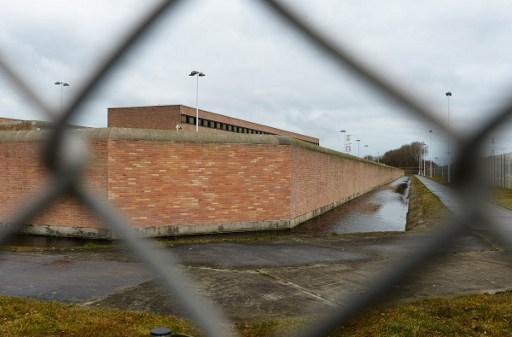Belgium’s Federal Ombudsman has called on prisons to stop systematic strip searches of inmates to strike a better balance between security and dignity.
“We are calling on all prisons to stop systematic strip searches immediately,” Federal Ombudsman Catherine De Bruecker said in a report issued on Monday. “Before each strip search, prisons must assess whether it is necessary, based in particular on the detainee’s profile. Stripping people to search them must be an absolute exception.”
The Ombudsman called for “solutions to be found for the problems observed to ensure, in the final analysis, a better balance between prison security and detainees’ dignity.”
All Belgian prisons systematically subject detainees to strip searches, even though they are prohibited by law. Generally, these searches are not conducted in the best of conditions and, in some circumstances, they could clearly be avoided, according to the report of an investigation that was scheduled to be submitted to Parliament on Monday by the Ombudsman, an independent institution that looks into citizens’ complaints against federal institutions.
Detainees had complained to the Ombudsman about the way they were strip searched. The searches, hated by detainees because of their humiliating nature, also increased the tensions in prisons. The Ombudsman thus carried out the investigation, into the organisation of the searches in Belgium’s prisons, and published her report on Monday. The penitentiary administration has already indicated that it wishes to incorporate the report’s 37 recommendations into its new security policy.
One of the findings of the report is that systematic strip searches are still being conducted in Belgian prisons even though they are illegal. “Prisons do not check to see whether these searches are really necessary, and they do not take detainees’ profile, whether they are high-risk or not, into account,” the federal mediator found. “In some prisons, detainees who work are subjected to many searches each day, reaching, at times, an intolerable degree of humiliation.”
Moreover, the regulations related to strip searches contain a certain number of guarantees aimed at avoiding abuses, but they are often circumvented. The investigation showed, for example, that a large number of searches are conducted without any prior autorisation.
“Management signs after the fact, as a formality, but the vast majority of decisions are motivated in a stereotypical manner and fail to mention any concrete clue that may justify the search,” the report added.
"The investigation nevertheless highlighted good practices allowing these risks to be limited and better ensuring a balance between prison security and detainees’ dignity,” it noted.
Finally, prisons do not always assess the need for and proportionality of searches to respond to the risk they need to overcome, and some searches could clearly be avoided.
"Generally speaking, the search method is not correctly applied,” the Ombudsman said. “Some prisons still use techniques that were given up because of their humiliating nature.”
The Brussels Times

